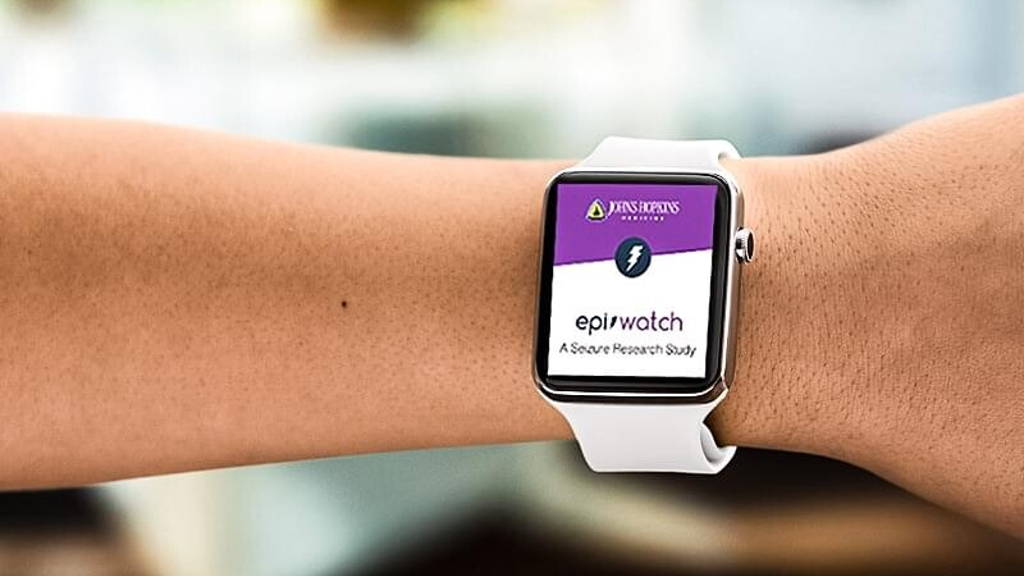Recording the seizure
598 people were asked to use their iPhone to monitor their seizures for 10 months using the app EpiWatch. The app, created by John Hopkins and part of Apple's ResearchKit software framework, uses a standard Apple Watch which provides patients access to the movement and heart rate sensor data with one click. When participants felt a seizure coming, they were asked to launch the app so their heart rate and movements were recorded for 10 minutes.After the attack, the participants filled out a short questionnaire on the type of attack, possibly unconsciousness and possible reasons or evidence of the seizure. "The data collected will help researchers better understand epilepsy, while helping people with epilepsy keep a more complete history of their seizures," study author Gregory Krauss, MD, revealed in a press release. "The app also provides helpful tracking of seizures, prescription medication use and drug side effects -- activities that are important in helping people manage their condition."
Stress most important factor
About 40% of the group reported a total of 1.485 seizures. 177 people also reported what preceded the attack and what the probable reason would have been. The most frequently mentioned reason was stress, which led to 37% of the seizures, while 18% were traced to a lack of sleep. Menstruation caused 12% of the seizures and overexertion accounted for 11%."Seizures are very unpredictable," according to Krauss. "Our eventual goal is to be able to use wearable technology to predict an oncoming seizure. This could potentially save lives as well as give people with epilepsy more freedom. The data collected in this study helps us take a step in that direction."

